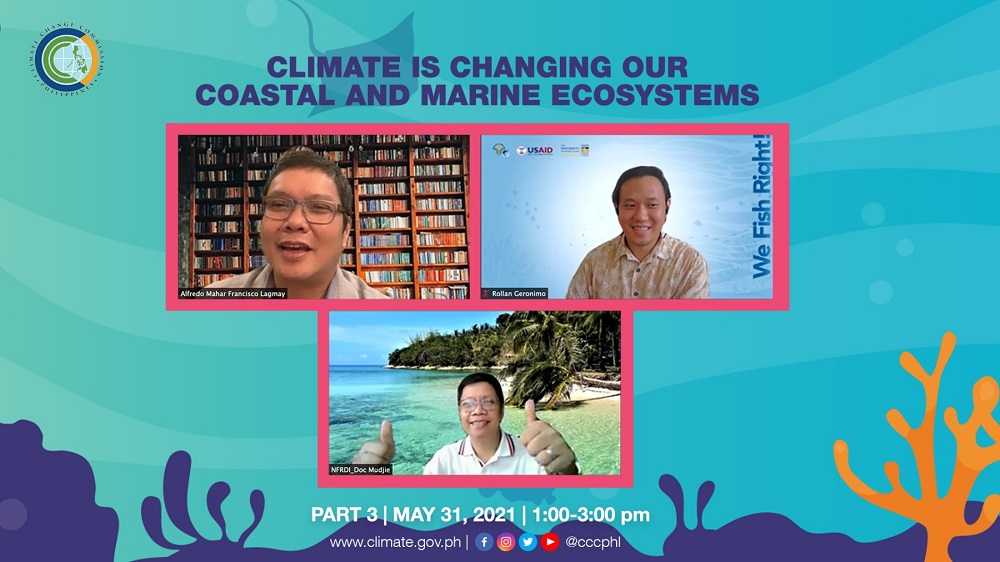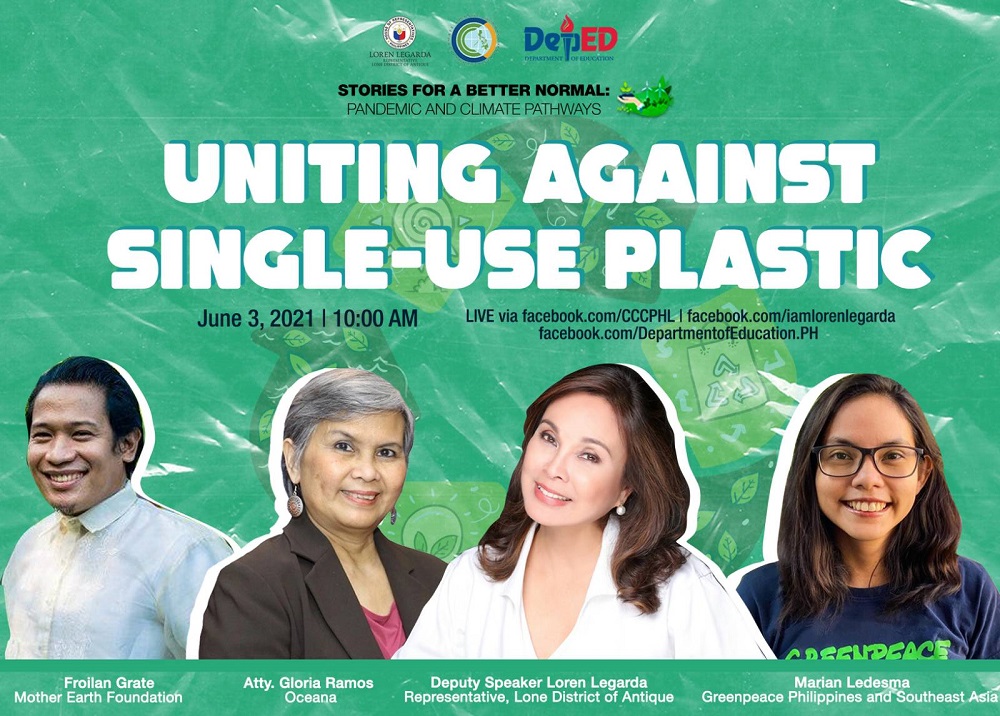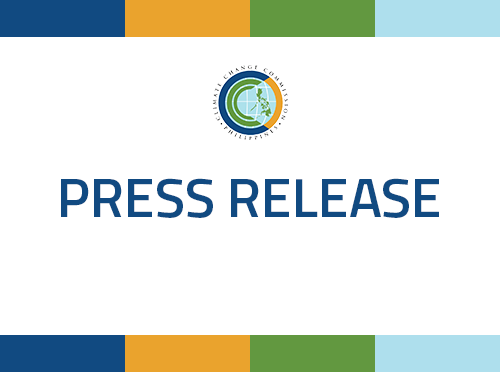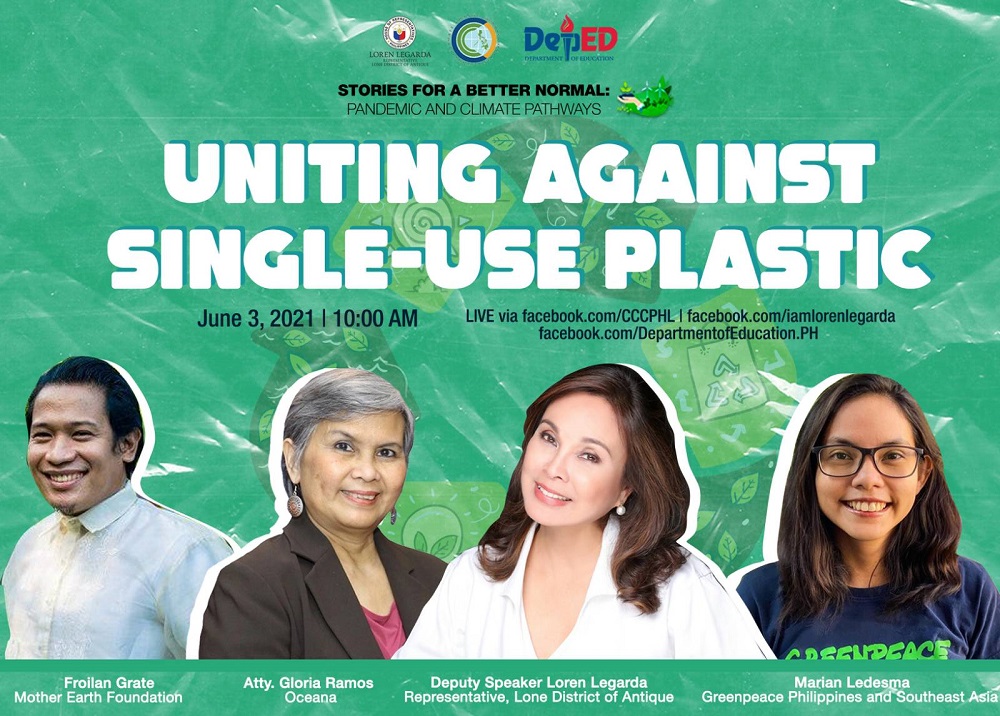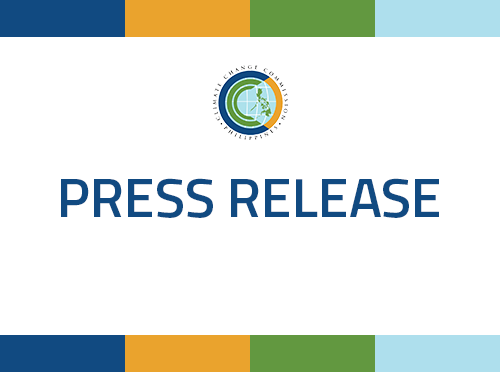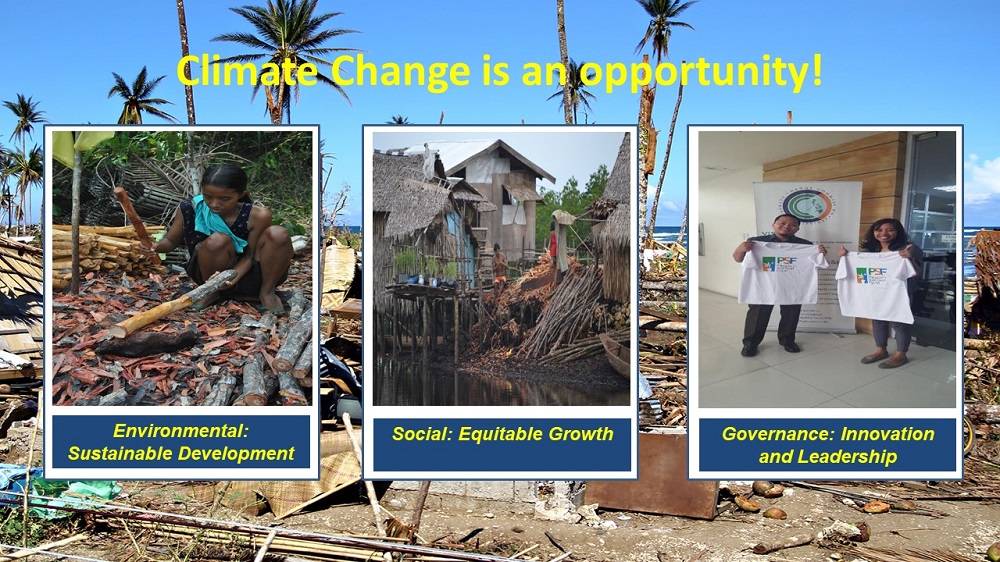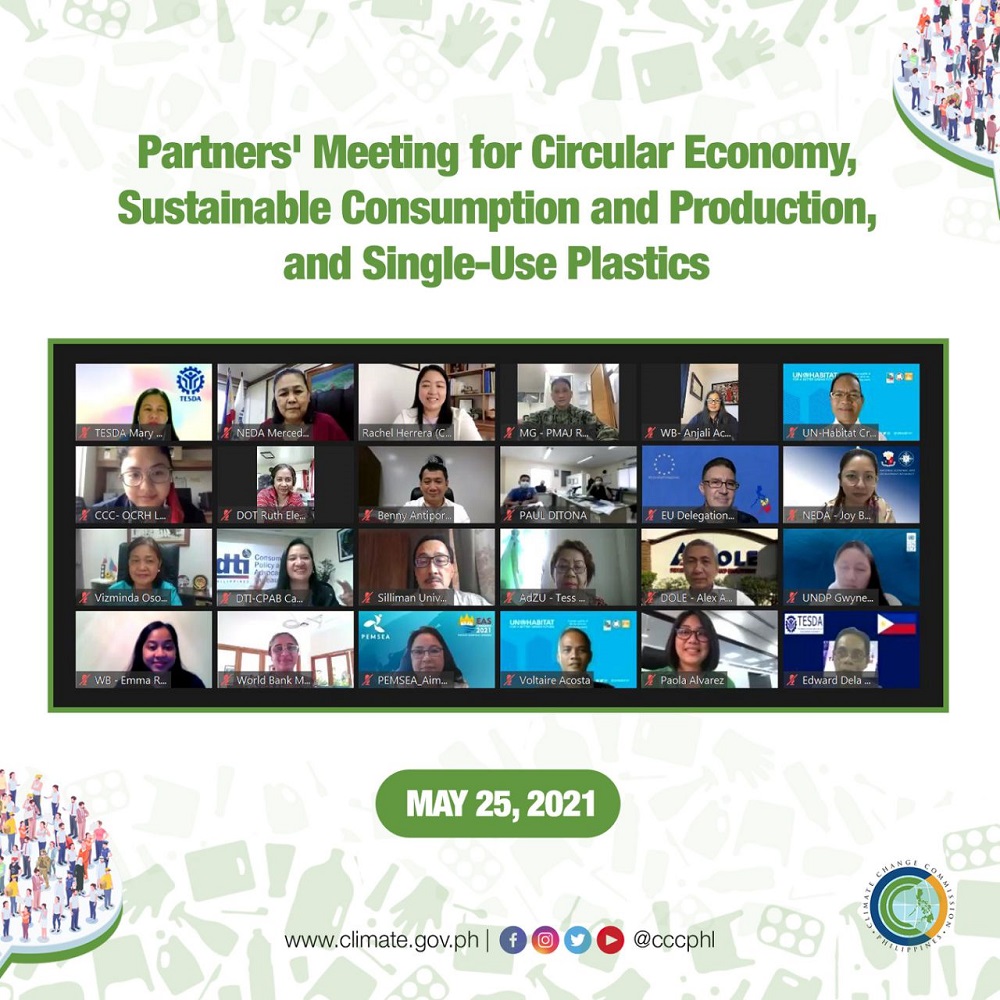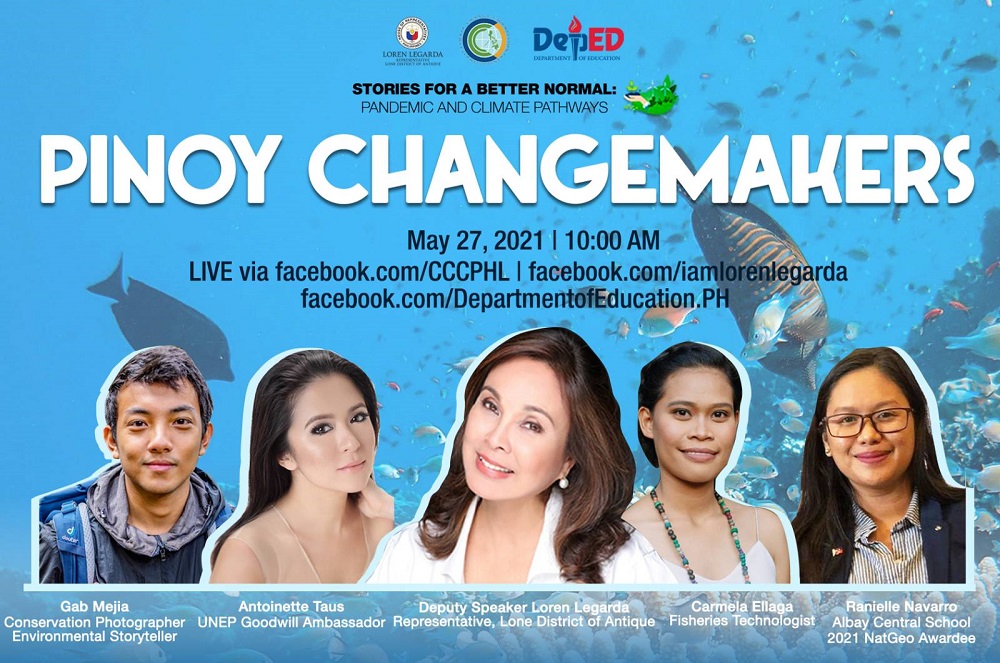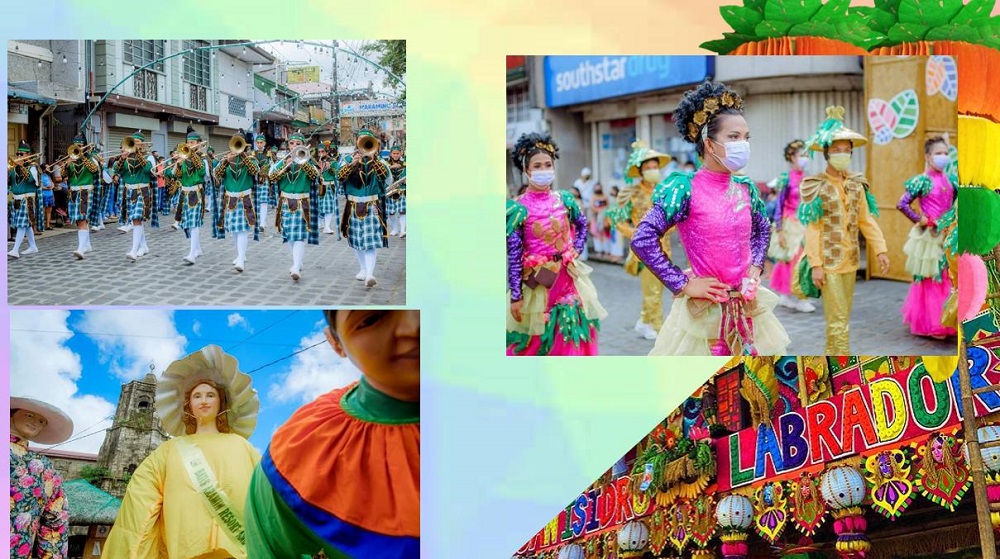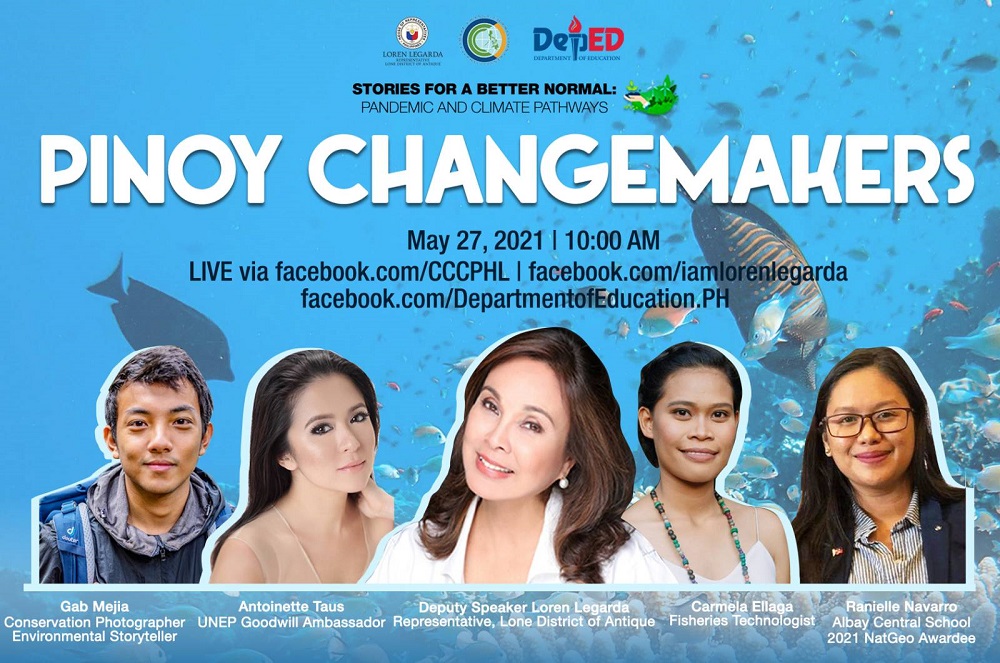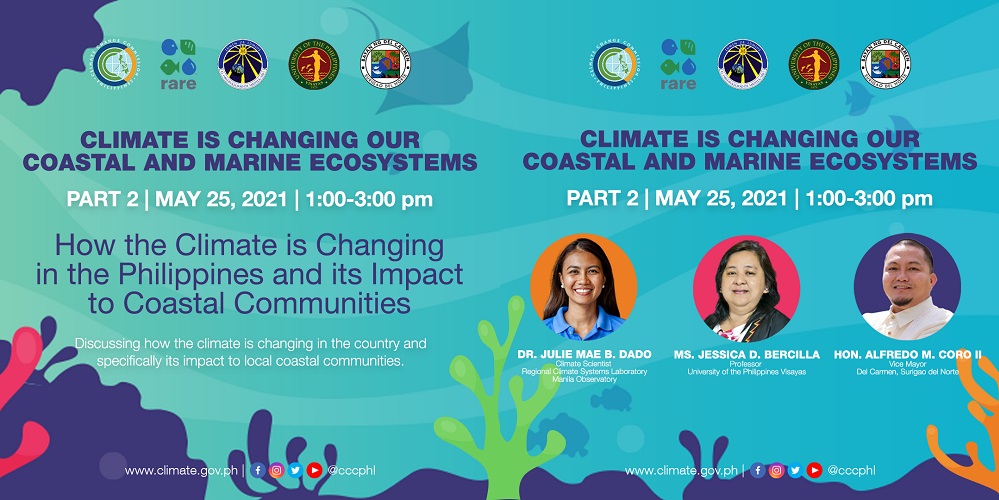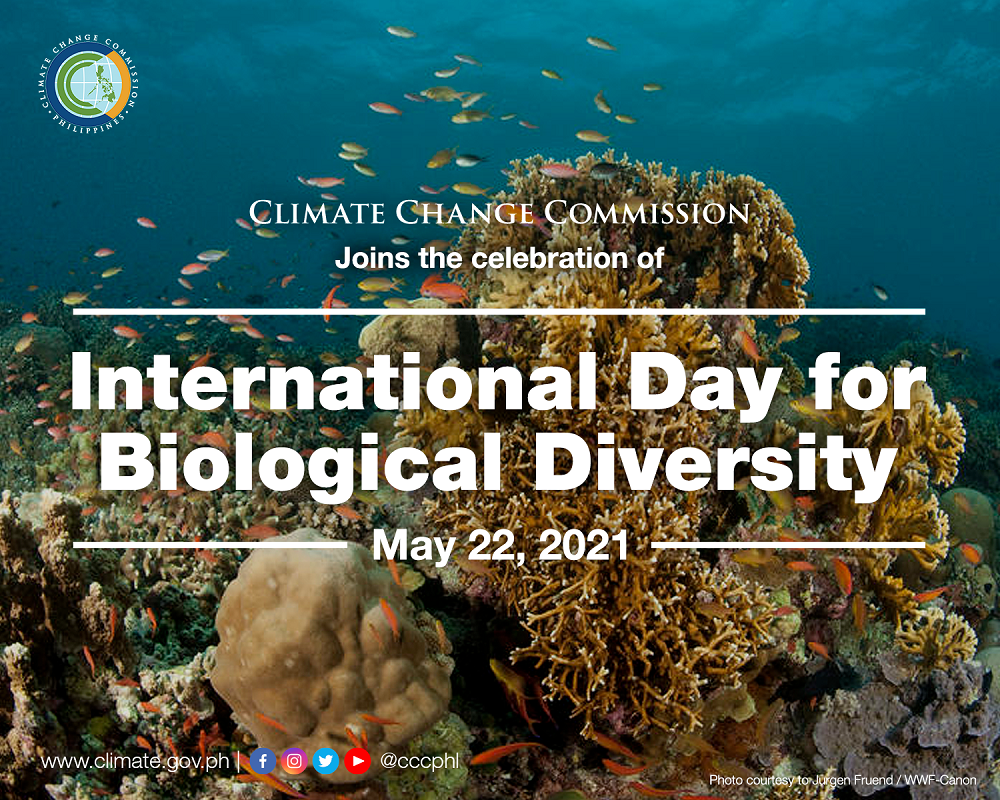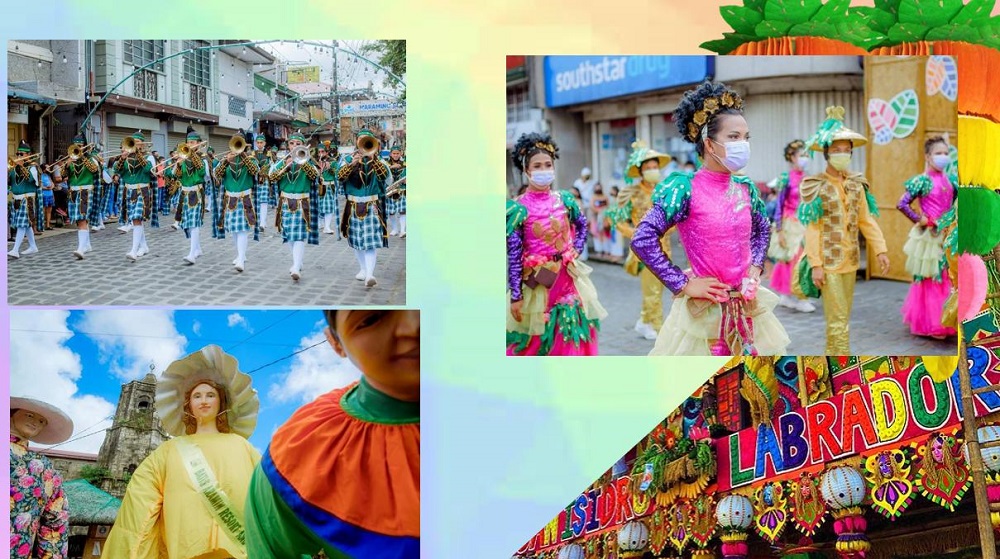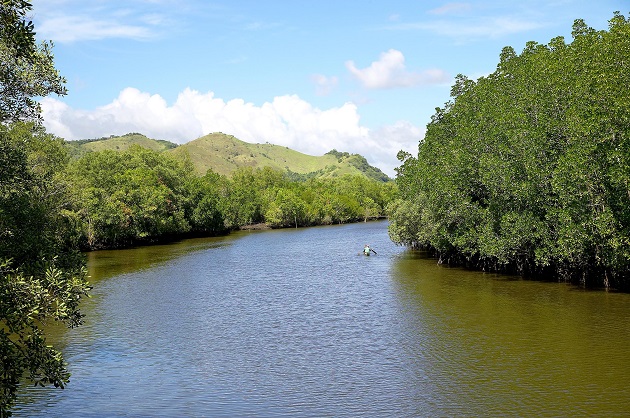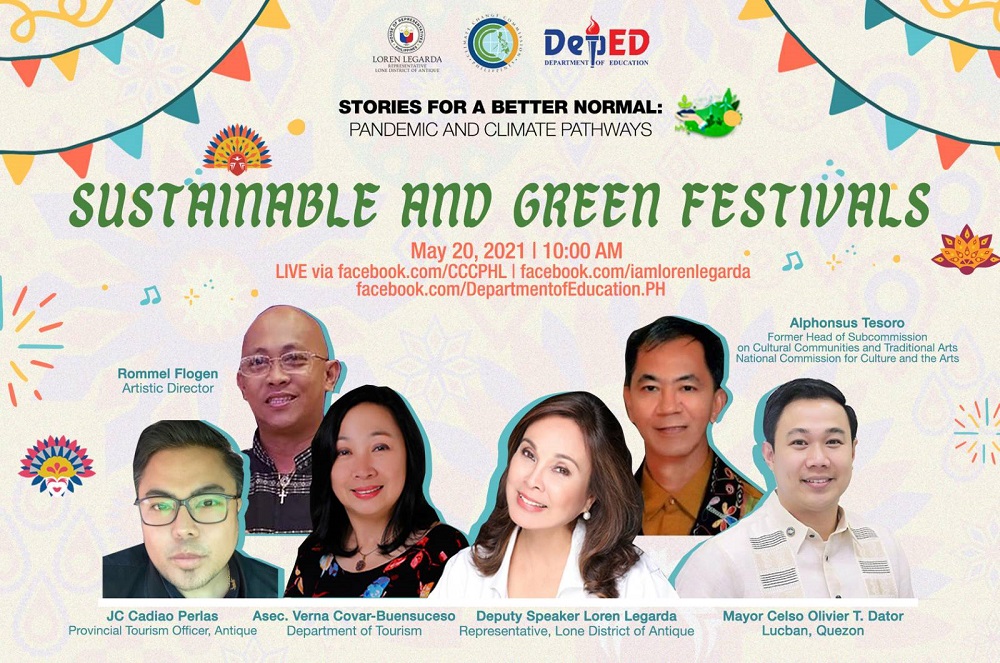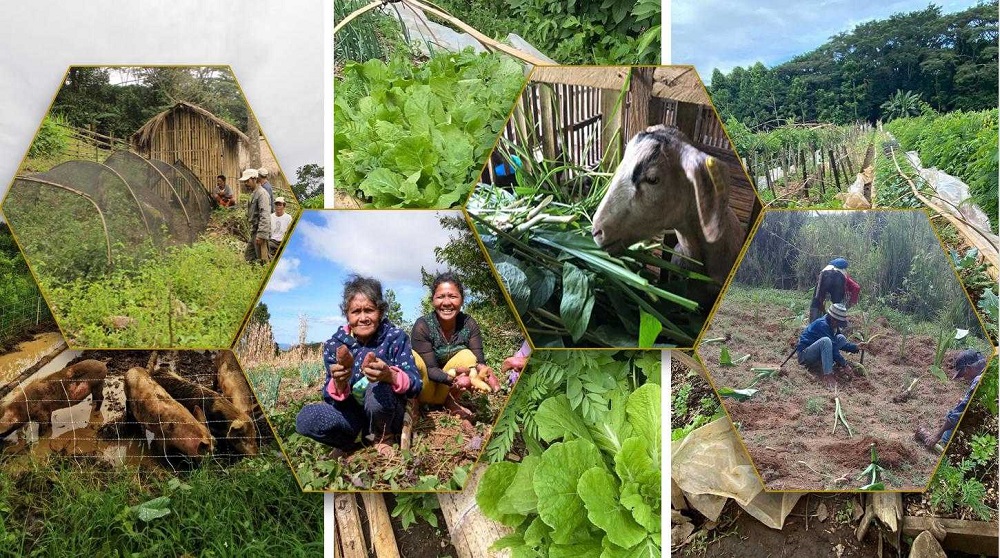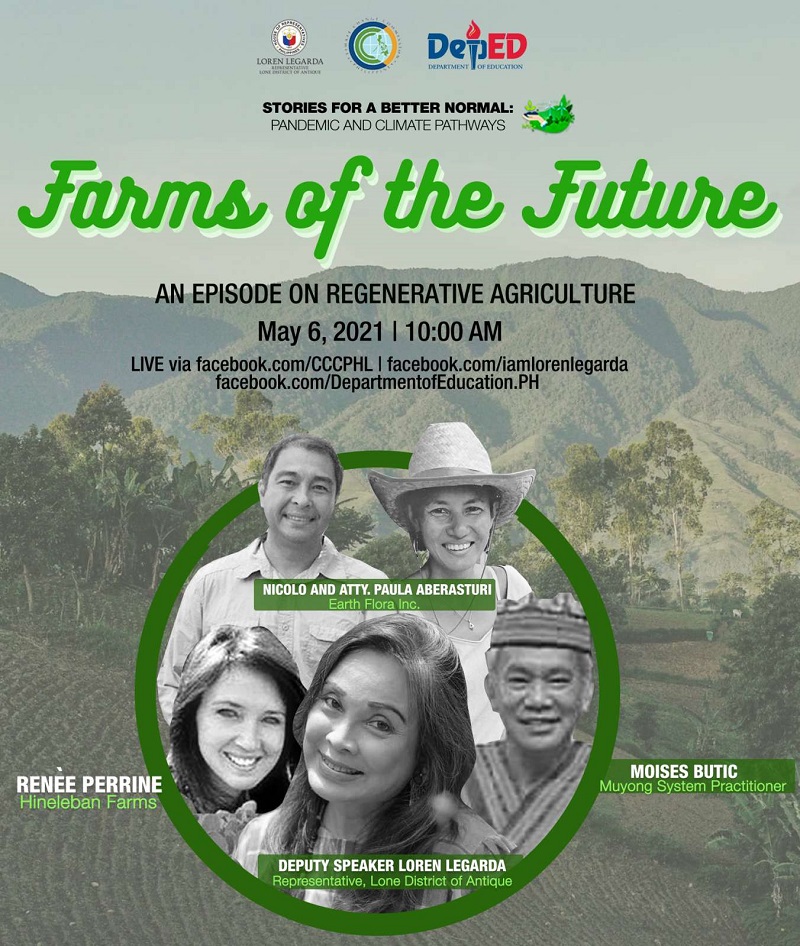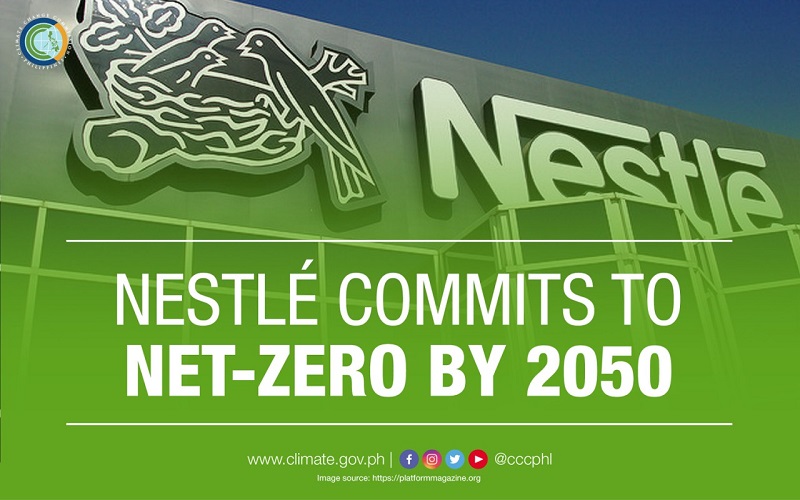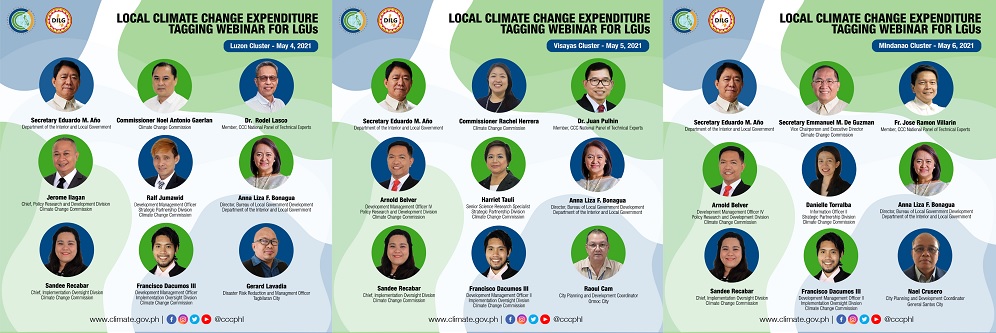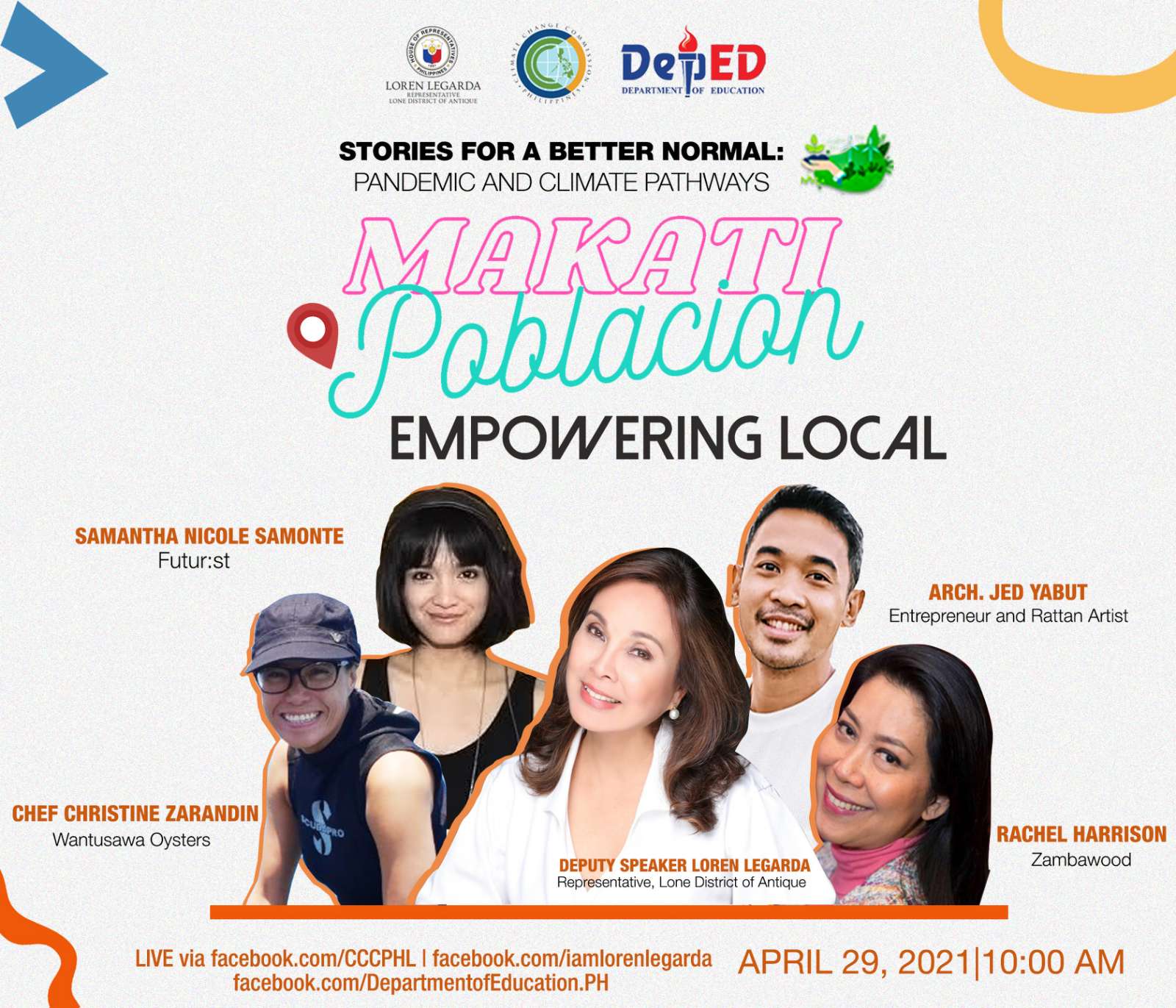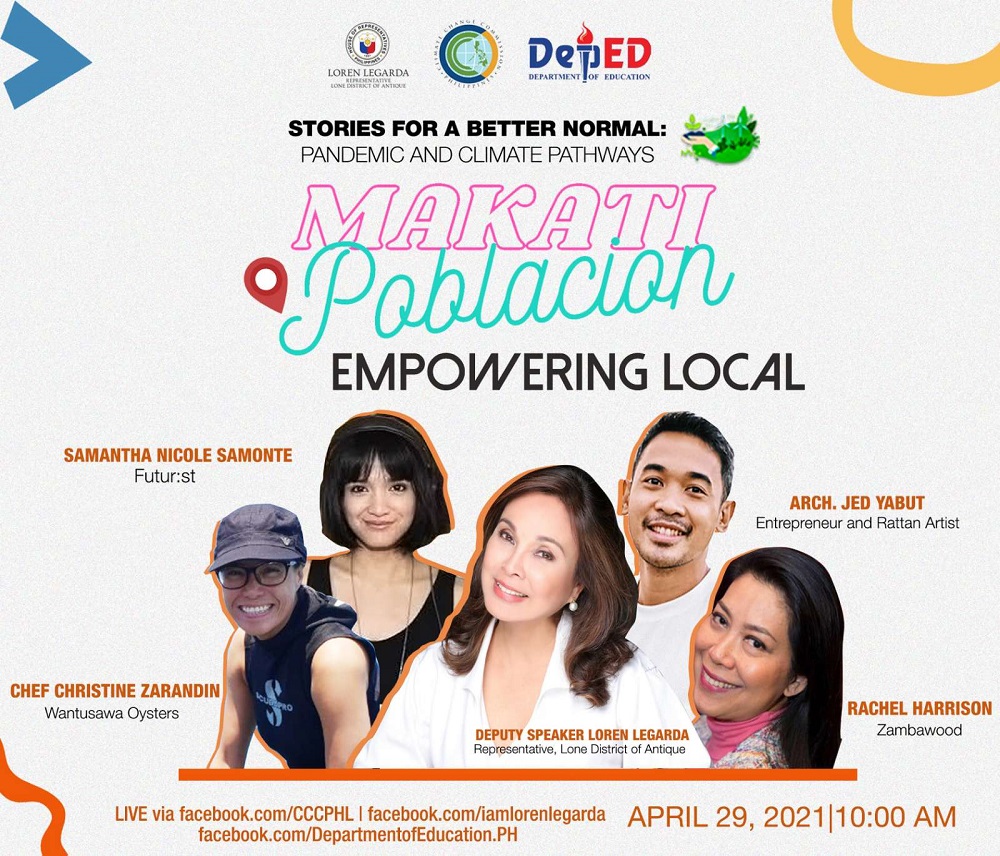Social distancing and health protocols were observed even in the celebration of Pahiyas Festival. Photo from the presentation of Ms. Maria Jennifer L. Babat, Tourism Officer of Lucban, Quezon.
MANILA, 21 May 2021 — Tourism and culture officers from various provinces in the country highlighted the innovative, green, and sustainable ways of celebrating Philippine festivals in the better normal during the 45th episode of “Stories for a Better Normal: Pandemic and Climate Pathways,” with the topic, “Sustainable and Green Philippine Festivals.”
The online conversation hosted by three-term Senator, now Deputy Speaker and Antique Representative Loren Legarda featured national and local government officials, tourism officers, and cultural artists including Secretary Bernadette Romulo-Puyat and Assistant Secretary Verna Covar-Buensuceso of the Department of Tourism (DOT), Ms. Maria Jennifer Babat, Tourism Officer of Lucban, Quezon; Mr. JC Cadiao Perlas, Provincial Tourism Officer of Antique; Mr. Rommel Flogen, Artistic Director of Iloilo’s Dinagyang Festival, and Mr. Alphonsus Tesoro, Former Head of the National Committee on Central Cultural Communities of the National Commission for Culture and the Arts, now Provincial Tourism and Cultural Affairs Officer of Capiz.
"Tangkilikin at pangalagaan ang sariling atin. Kung iisipin natin, paano ang turismo, kabuhayan, at ang ating ipakikita sa mga kabataan, sa mga turistang lokal, at foreign tourists kung kalbo ang ating kabundukan, kung marumi ang ating mga ilog, kung mabaho ang mga basura, at hindi sinusunod ang mga batas ng ating kalikasan,” said Legarda.
The guests featured safe, ustainable, and innovative ways in celebrating festivals such as Pahiyas Festival in Quezon, Binirayan Festival in Antique, Dinagyang Festival in Iloilo, and Capiztahan Festival in Capiz, and encouraged communities to embed sustainable and green practices in observing various festivities through shifting to online events, avoiding wasteful consumption, promoting sustainable lifestyles, practicing recycling, banning the use of single-use plastics, and using eco-friendly materials, among others.
"Philippine festivals in the better normal is a timely topic because as we all know, May is the month of fiestas in the Philippines. These festivals draw thousands of spectators and involved hundreds of people - from participants, designers, dancers, make-up artists, and florists. Many of them have lost their major source of income when festivals were canceled due to the pandemic. But transitioning festivals online and creating smaller and safer productions have been a way to sustain the industry and the interest of the people,” said Sec. Romulo-Puyat.
"Slow food and slow travel is like a festival but it is more of a caravan. Habang tayo ay naghahanda para sa pagrestart ng tourism, ang ginagawa namin ay iniikot namin yung mga food tourism destinations at naghahanap kami ng mga bagong experiences. Kung saan makikita yung mga pinuntahan for a particular development of slow food and slow travel. Ang idea dito is for us to be able to put together festivals and celebrate our traditional cuisine, our indigenous resources, and our indigenous food tourism products," said Asec. Covar-Buensuceso.
“Nagsagawa po kami ng aming virtual San Isidro Pahiyas Festival na may temang 'Pagkalinga sa Kultura, Lucbangon Narito Na' which means 'Lucban, bangon in times of crisis'. Hindi katulad ng mga nakaraang Pahiyas Festival na halos lahat ng kabahayan ay nagpapahiyas, ngayong taon po na ito, ang aming opisina lamang ang pinahiyasan, ‘yan po ang Lucban Tourist Information Center sa gitna ng kabayanan ng Lucban. Kami sa San Isidro Pahiyas Festival Executive Committee ay nagdaos mula May 1-15, 2021 at ito po ay nasa Marcos Tigla Park. Ito po ay bahagi ng aming programa na Lucbangon turismo,” said Ms. Babat.
"During this pandemic, people need to have a groundbreaking thinking within the box due to some parameters. So with the Binirayan Festival, we have the Binirayan Kapitolyo Market which is the food fair, Binirayan Sikad Lagaw which is our bike festival, and the Binirayan Plant Fair," said Mr. Cadiao.
"Every Dinagyang, nasa five judging areas lang kami na may stage, na may judges, na may expectator, but this time lumabas po kami sa comfort zone namin. Lumapit po kami sa environment - sa kalikasan, so we have several shoots po sa mga gubat, sa mga dagat. Outdoor lahat. Na-appreciate namin ang lahat ng mga district ng Iloilo and of course, ang mga magagandang tourist spot ng Iloilo City," said Mr. Flogen.
“Ngayon, itong pandemic, we have to be innovative. Since nag-start itong ating crisis last year we crafted the Recovery and Rehabilitation Plan not only for tourism but the entire provincial government... since wala tayong face-to-face events, we focused on the documentation and research. Isa dito ang mga Capiznon dances, especially na maraming na-inventory during the cultural mapping at marami pa ring na-research ang aming mga dance researches na kasapi ng Philippine Folk Dance Society - South Capiz Chapter,” said Mr. Tesoro.
As an online discussion to promote health, environmental consciousness, and climate-adaptive practices, "Stories for a Better Normal" aims to change the mindset of individuals, families, and communities by demonstrating ways in which a ‘better normal’ can be realized within our communities.
This online discussion is organized in partnership between the Office of Deputy Speaker Legarda and the Climate Change Commission, with support from the Department of Education, Philippine Information Agency, National Commission for Culture and the Arts, Institute for Climate and Sustainable Cities, The Climate Reality Project-Philippines and Mother Earth Foundation.
May 20, 2021 Thursday

